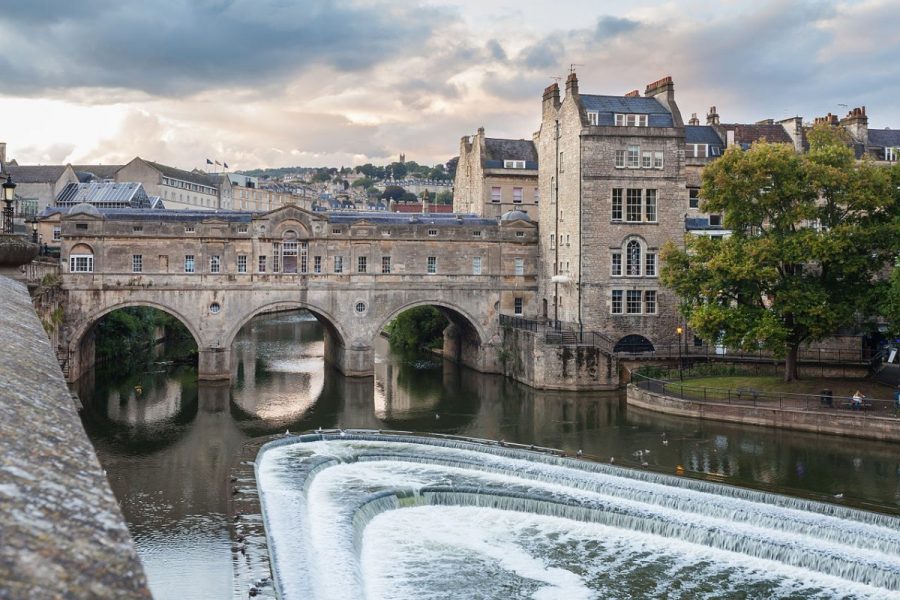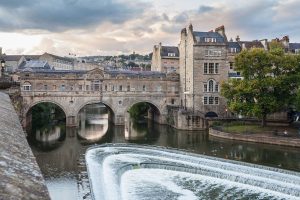British gambling premises concentrated in poorer towns

A study from the University of Bristol shows that 21 per cent of British gambling premises are located in the most deprived 10 per cent of the country.
UK.- A new study has highlighted a concentration of gambling premises in Britain’s most deprived areas. The report by the University of Bristol found that 21 per cent of venues were located in areas that were in the bottom 10 per cent of the country for deprivation.
Entitled The Geography of Gambling Premises in Great Britain, the report analysed the country’s land-based gaming sector, including betting shops, casinos, bingo venues, family entertainment centres (FECs) and adult gaming centres (AGCs).
The relationship between deprivation and the number of gambling premises was strongest for bingo, with 30 per cent of venues located in the 10 per cent most deprived areas.
FECs and AGCs followed next, but the report also found a significant correlation for betting shops and casinos, with 24 per cent of casinos and 18 per cent of betting shops located in the most deprived areas. The study noted that only 2 per cent of gambling premises were located in the least deprived, most affluent areas of the country.
It also found that the highest proportion of gambling treatment centres (17 per cent) were located in the most deprived areas, which the researchers suggested was due to the high number of venues.
The report found that the number of land-based gaming premises in Britain fell by 15.8 per cent between March 2018 and November 2020, but that the sector still generated around £5bn – 44 per cent of Britain’s gross gambling yield excluding lotteries – prior to the Covid-19 pandemic.
The City of London had the lowest population rate per betting shop, with one betting shop for 304 residents, but researchers largely discounted that, noting that people mainly commute into the area for leisure or work. Glasgow City followed with 3,264 for 194 betting shops, followed by Westminster with 3,308 for 79 shops and Liverpool with 3,662 for 136 shops.
The report noted the concentration of 72 per cent of FECs in coastal towns. It found that Ingoldmells and Chapel St Leonards had the highest number of FECs, with 10 in November 2020.
University of Bristol senior research associate Jamie Evans said: “The research highlights the clear mismatch between the amenities available in ‘left behind’ areas, compared with those that are more affluent.
“Rather than having greater access to the facilities, services and opportunities that help people to improve their lives, those in more deprived communities are disproportionately faced with choices that can often prove harmful.
“While the gambling industry may offer some much-needed employment in these areas, it usually takes much more than it gives, leaving a legacy of greater hardship and increased social problems.”
Mubin Haq, chief executive of the Standard Life Foundation, which supported the research, called on the government to consider the report in its current review of gambling legislation.
He said: “If we are to truly level up, the new gambling reforms currently being considered must take into account the geography of gambling venues and give local authorities more control over licensing.”
See also: Rank calls for overhaul of land-based casino regulation in Britain










